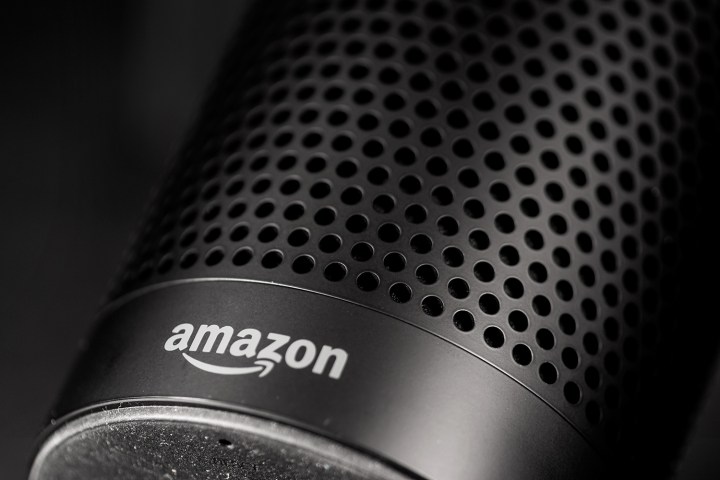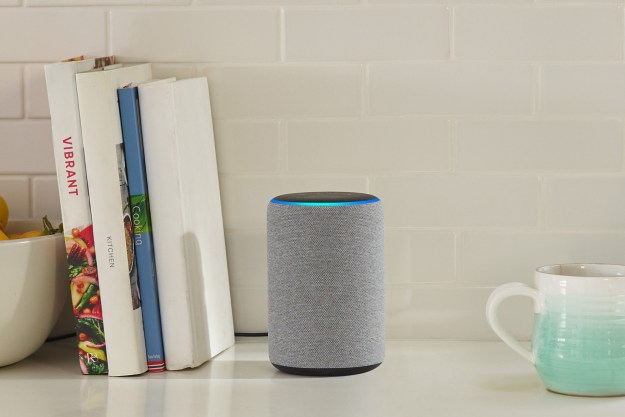
Amazon opened the Alexa cloud-based platform to third-party developers back in June 2015, allowing any device maker to add Alexa to their gadget. This included launching the Alexa Skills Kit for adding new capabilities to the service, and throwing open the doors to Amazon’s
Alexa first appeared in the Amazon Echo voice-activated device in June 2015. Since then, the virtual assistant has appeared in a number of devices such as the $130 portable version of the Amazon Echo (aka Amazon Tap) that works as a Bluetooth or Wi-Fi speaker, and the $90 Echo Dot that connects to an existing speaker. Strangely enough, this latter device can only be “officially “purchased through an Alexa-based device along with a required Prime membership. However, an unofficial shortcut to purchase the device can be found here.
The news regarding Alexa’s push notification support arrives by three unnamed individuals with “knowledge” of Amazon’s Alexa road map. Right now, that road map is unclear in regards to the types of devices and apps Amazon will allow to utilize
One device maker already pondering over the possibility of push notifications is August Home, which currently uses Alexa to activate its smart locks. The virtual assistant could be used with the company’s doorbell/motion sensor/camera combo, which will send a notification if someone is lurking around at the door, trips the motion sensor, and activates the hidden camera. The notification arrives by way of an image provided on a phone, but
“It’s on our wish list that when Alexa does have push notifications, the Echo speaker would notify you that someone is outside your door,” Jason Johnson, August Home CEO, told The Information.
As the article points out, any device with a microphone, speaker, and Internet connection can be transformed into an Alexa device. And as August Home reveals,
Amazon naturally wouldn’t comment on the report, but the possibility of push notification support in Alexa is a feature developers have seemingly desired for over a year. One source said that Amazon is being extremely cautious because the company doesn’t want
Editors' Recommendations
- What to do if your Amazon Alexa app is not working
- The best Alexa skills to use on your Amazon Echo in 2023
- At long last, Amazon brings AI features to Alexa
- Amazon to pay $30M in FTC settlements over Alexa, Ring privacy violations
- Why can’t Alexa reach Amazon Music?


